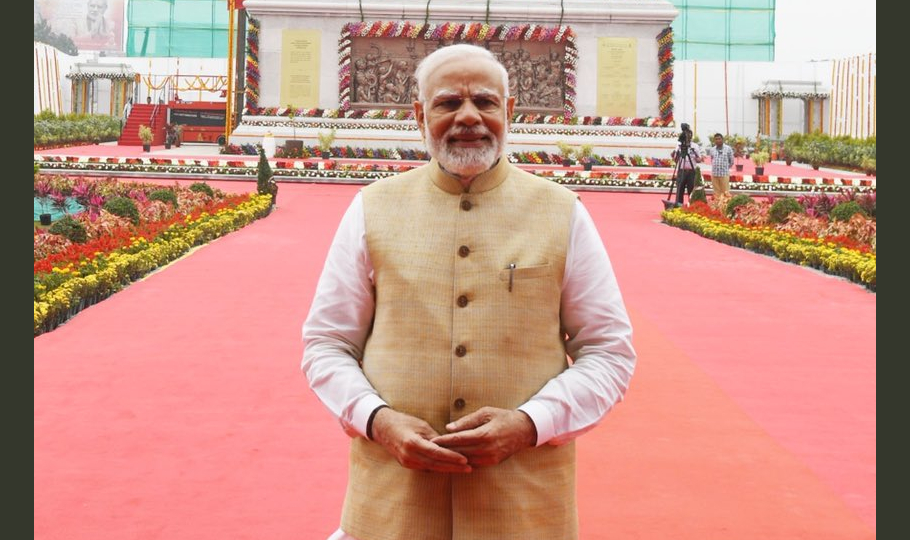
TISS students to screen BBC documentary on Modi in solidarity with JNU

Inspired by other youth groups across the country, a student collective from the Tata Institute of Social Sciences (TISS) has decided to screen the BBC documentary on Prime Minister Narendra Modi on Saturday.
The Progressive Students’ Forum (PSF) at TISS Mumbai explained that the screening is a symbolic form of protest against the government’s decision to block access to the documentary and to show support for student organizations at other college campuses.
“In solidarity of students of JNU and against the authoritarian and communal censorship of the central government, PSF invites all TISS students to join the mass watching of ‘India: The Modi Question’ documentary by BBC on 28th January,” the PSF tweeted.
In solidarity of students of JNU and against the authoritarian and communal censorship of the central government, PSF invites all TISS students to join the mass watching of 'India: The Modi Question' documentary by BBC on 28th January. pic.twitter.com/p0Np5hCBSS
— Progressive Students' Forum- TISS (@psftiss) January 25, 2023
An official from TISS told India Today that the school administration has not given permission for the screening of the BBC documentary on Prime Minister Narendra Modi.
This news comes a day after a screening of the same documentary held by the Jawaharlal Nehru University (JNU) students’ union resulted in chaos on the JNU campus.
According to several students, the university administration cut power and internet to prevent the screening of the BBC documentary, and a protest ensued after stones were thrown at them. Some students have accused the attackers of being members of the Akhil Bharatiya Vidyarthi Parishad (ABVP), an organization that is affiliated with the Rashtriya Swayamsevak Sangh.
Also Read: India dubs BBC documentary on Gujarat riots a propaganda piece
The government had previously ordered social media platforms Twitter and YouTube to block links to the documentary, which examines certain aspects related to the 2002 Gujarat riots when PM Modi was the chief minister of the state.
The Ministry of External Affairs has dismissed the documentary as a biased, one-sided “propaganda piece” that reflects a colonial mindset. However, opposition political parties have criticized the government’s decision to block access to the documentary as censorship.
In response, student groups and youth wings of opposition parties announced plans to screen the documentary on college campuses in various states, in defiance of the government’s directive.

